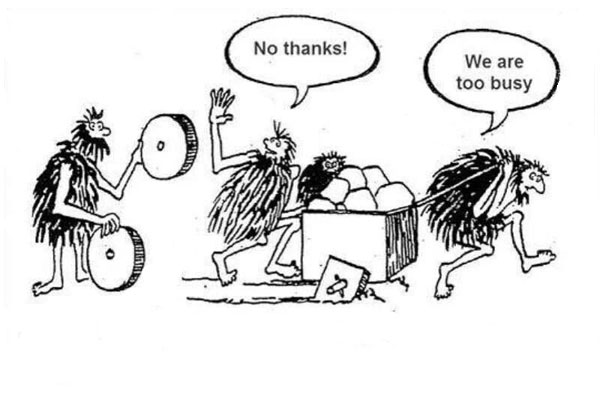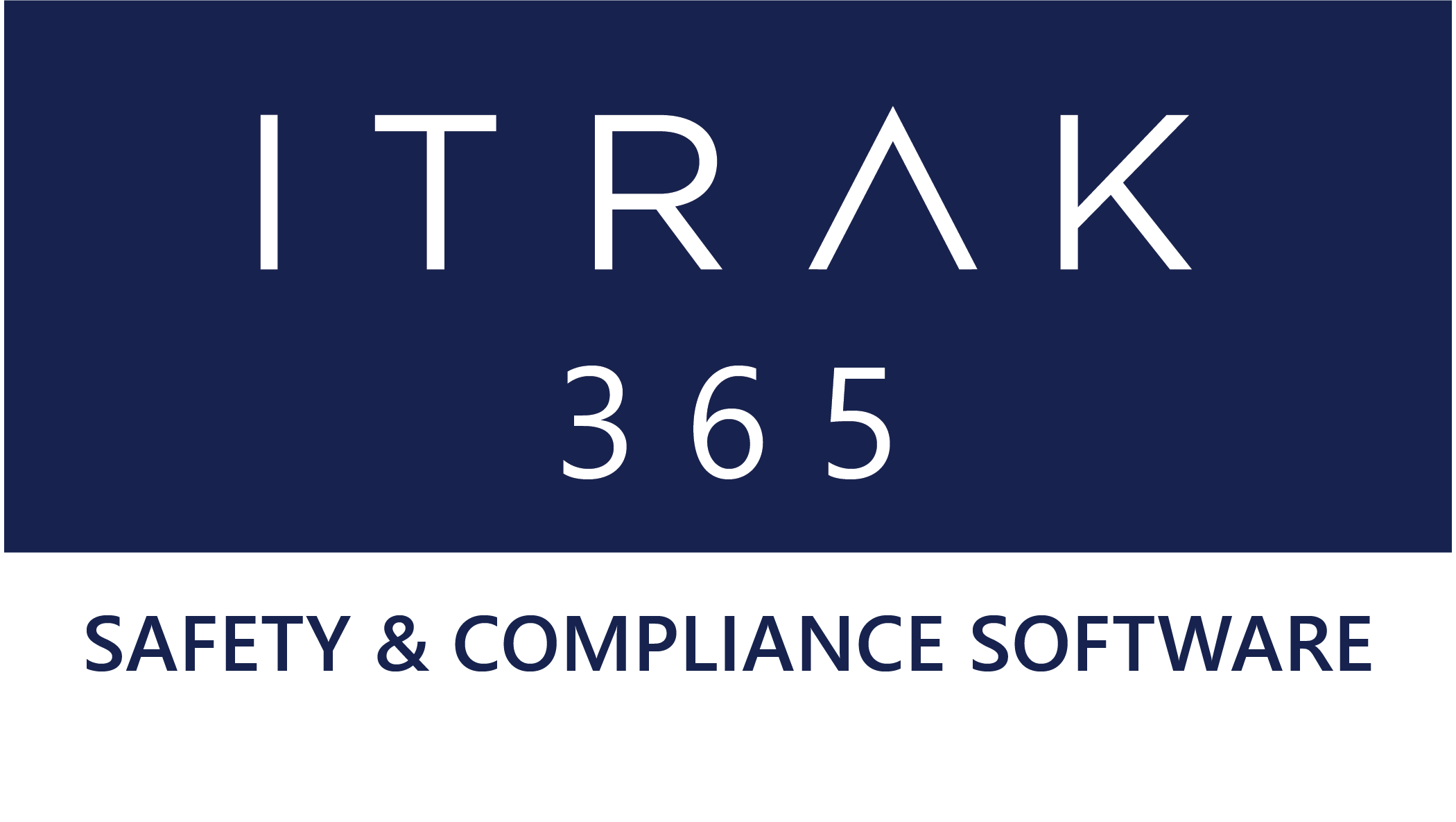
A few weeks ago, Steve Laut, President of Canadian Natural Resources Ltd. (CNRL), one of Canada’s largest oil and gas producers, delivered a direct messageto the energy services businesses in a Fort McMurrary Chamber of Commerce meeting. His comments suggested to the muted audience that costs have gotten out of control before challenging the Canadian Energy Sector to become more efficient and competitive in a market that has been affected by rising costs from suppliers.
Mr. Laut, we couldn’t agree with you more.
I’ve been fortunate in my career to work across many industries, and in recent years have been diving much deeper into the resources industry with an acquisition of a specialized health, safety, operational management (QHSE) software provider with customers in the oil and gas services sector. While our organization has been very fortunate to work with some incredible innovators in this sector, we’ve also had the opportunity to offer a unique comparison to other industries.
Simply put, there is lots of work to do! The number of multi-million and even billion dollar companies that still run their businesses on paper forms and spreadsheets is astounding. These processes are loosely designed, error prone, and inaccurate. To think this “paperwork” doesn’t impact safety, profitability, and competitiveness would be ignoring Mr. Laut’s warning.
There is enormous opportunity with this current downturn to look at these traditional and inefficient processes and dramatically stream-line how organizations operate. Our organization refers to this as “end-to-end”; mapping business process from the field, to the finance department, to your suppliers and customers, linking a company’s many divisions together to drive towards greater efficiency. Safer employees, faster and more accurate invoicing, less reconciliation of disparate systems and better adherence to process are all very real opportunities that with attention can be radically improved.
Here are four reasons that suggest the industry is ready for this change:
1. Field Mobility
Directly linking business process directly from the field to head office using mobile technology increases the speed and accuracy of the process, all while making the process easier for field personnel. Almost every industry on the planet has been changed radically by using smartphones and mobile technology, so why not for oil and gas services? Again Mr. Laut, your commentary is bang on.
2. Competitive Pressure
No one likes competition and a weak economy, but without competitive pressures from other companies and the market itself, companies get comfortable and this is the enemy of innovation. After six months of turmoil and a precipitous price drop, it’s time to look carefully at what makes your company competitive, different, and able to drive efficiency and scalability (upward and downward).
3. Technology Literacy
For years I’ve heard people say a major barrier in making new solutions work is the ability of the field staff to effectively use the technology solutions. While I find this not only a bit patronizing of those people, I also think a major trend often referred to as the “consumerization of IT” plays a role here. This trend has made systems and technology more accessible and easy to use. We have three year olds, eighty years olds, and even primates getting into the action using iPads. Field staff are more than capable of taking on this challenge with many great solutions out there today.
4. Resistance to Change
This is big one as it always exists and often has a directly relationship to the size of the company, the age of the workforce, and often the profitability of the company and industry. Short term profitability and growth metrics lull us into a false sense of security about our operations and encourage us to resist change. The fact is that companies didn’t suddenly become inefficient in the six-months when the price of oil fell; they were inefficient long before that! Sometimes it tough to make a case for change, but the good news is sometimes the markets kick start that process for us!
Mr. Laut’s remarks brought with it a sense of fear and excitement for me. At first I felt fear for the companies that refused to change with the times and carried on with their inefficient ways. But the stronger feeling was one of excitement, that companies will start truly evaluating how they operate and make the changes necessary to build stable, long term growth companies that innovate, change, and even flourish.
Markets will inevitably rise and fall, but it’s the companies that learn to adapt and set out to continuously improve that drive the kind of change that Mr. Laut is suggesting.
I find it apropos that I publish this blog post while attending Microsoft’s Convergence conference in Atlanta, after finishing listening to Microsoft’s CEO Satya Nadella share how technology can reinvent productivity, business process, and empower employees and organizations. While yes, a conference like this is clouded (pun intended) with buzz works and acronyms, there are opportunities where technology can play a significant role in making the oil and gas industry more efficient.

